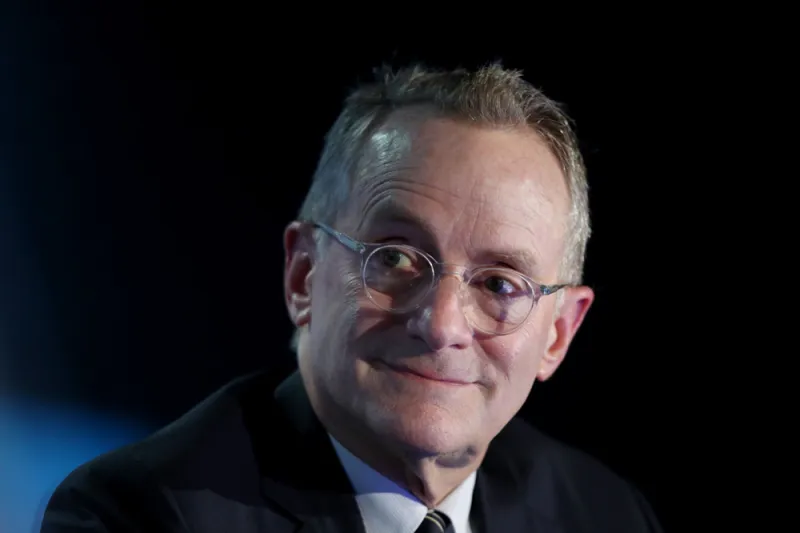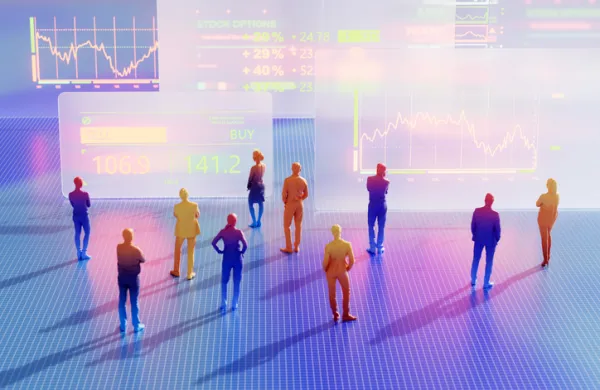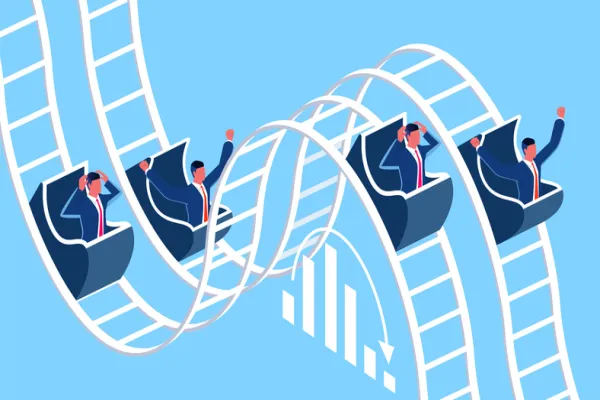Consumers have $1.8 trillion in extra cash to spend. That increase in disposable income since the beginning of the pandemic — combined with the Federal Reserve’s promise to keep interest rates low — is why Howard Marks, co-founder of Oaktree Capital Management, is feeling pretty optimistic about the economy.
“A related positive to consider is that market tops usually occur with the economy several years into the up-leg of the cycle and vulnerable to recession,” Marks wrote in a new investor letter. “This time, however, we have strong markets at the beginning of what may prove to be a long economic recovery.”
In this latest memo, Marks focused on how the markets behaved in 2020 and what investors should do this year. This included addressing the disappointingly brief window in 2020 to buy assets at huge discounts, investors’ fears of missing out, and re-energized buying after the initial market downturn in March. All that led to the market hitting new highs later in the year, he said.
Despite his optimism about current market conditions, there are things Marks is worried about. The “biggest risk of all,” he wrote, is the possibility of interest rate increases from here. For 40 years, rates have declined, a phenomenon that has pushed securities prices to record valuations. That’s over, according to the Oaktree co-founder.
[II Deep Dive: Investors Are Unprepared for a Long-Forgotten Risk]
“While interest rates can rise from here — implying higher demanded returns on everything and thus lower asset prices — they can’t decline,” he wrote. “This creates a negatively asymmetrical proposition. So today’s high asset prices may be justified at today’s interest rates, but that’s clearly a source of vulnerability if rates were to rise.”
While the Fed has said that it will maintain low rates for years, Marks said the central bank clearly doesn’t have control over factors like inflation, which could change both investor behavior and the rate outlook. For one, investors may not buy Treasuries that yield less than inflation.
Marks also pointed to President Biden’s $1.9 trillion stimulus bill, citing a February 4 column in the Washington Post by economist Larry Summers which argued that pushing that much money into the economy comes with inflation risks “of a kind we have not seen in a generation.”
Other market risks include investors’ possible overconfidence about how speedy vaccinations will be in the U.S. and how any complications will affect the re-opening of the economy, according to Marks.
He also believes the Fed’s actions are increasingly prompting investors to pursue speculative opportunities that might not end well. Marks said he sees signs in the current market that he’s seen in past bubbles, including more investors buying on margin, new mainstream investors entering the markets in droves, a flurry of initial public offerings, and big first-day price jumps on IPOs.
But Marks stops short of calling the current market a bubble. He wrote that with the risk of inflation leading to higher interest rates, investors should think twice about holding too much in long-duration bonds. He added that investors should consider buying assets that can do well in an inflationary environment, including the types of real estate where the rent can be increased, floating rate debt, and stocks of companies that have the power to raise their prices or which can grow quickly.
“The inescapable truth of investing remains unchanged: there is no magic answer, no solution (other than superior skill) that will enable an investor to earn a high return safely and dependably. And that’s especially true in today’s low-return world,” Marks concluded.







